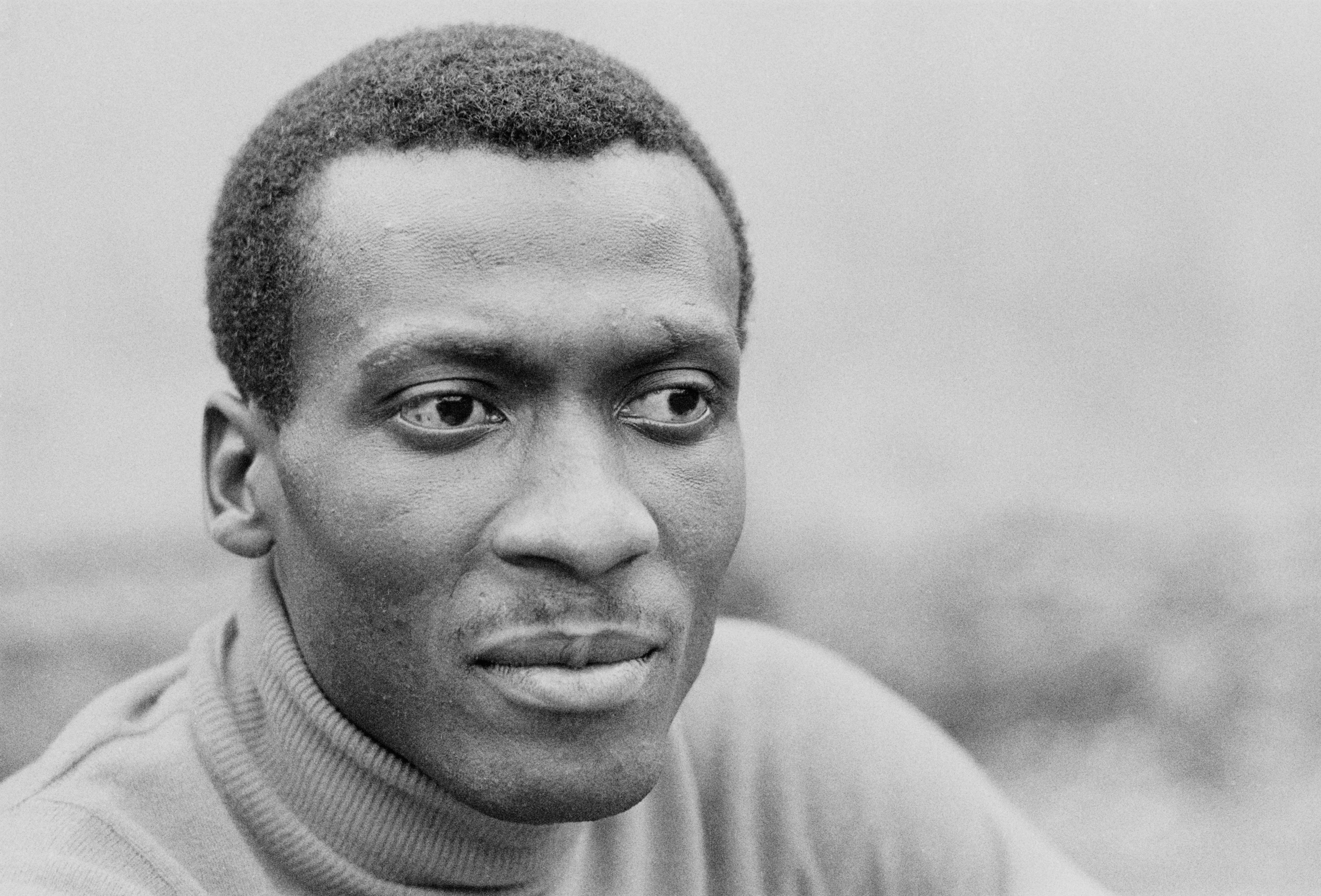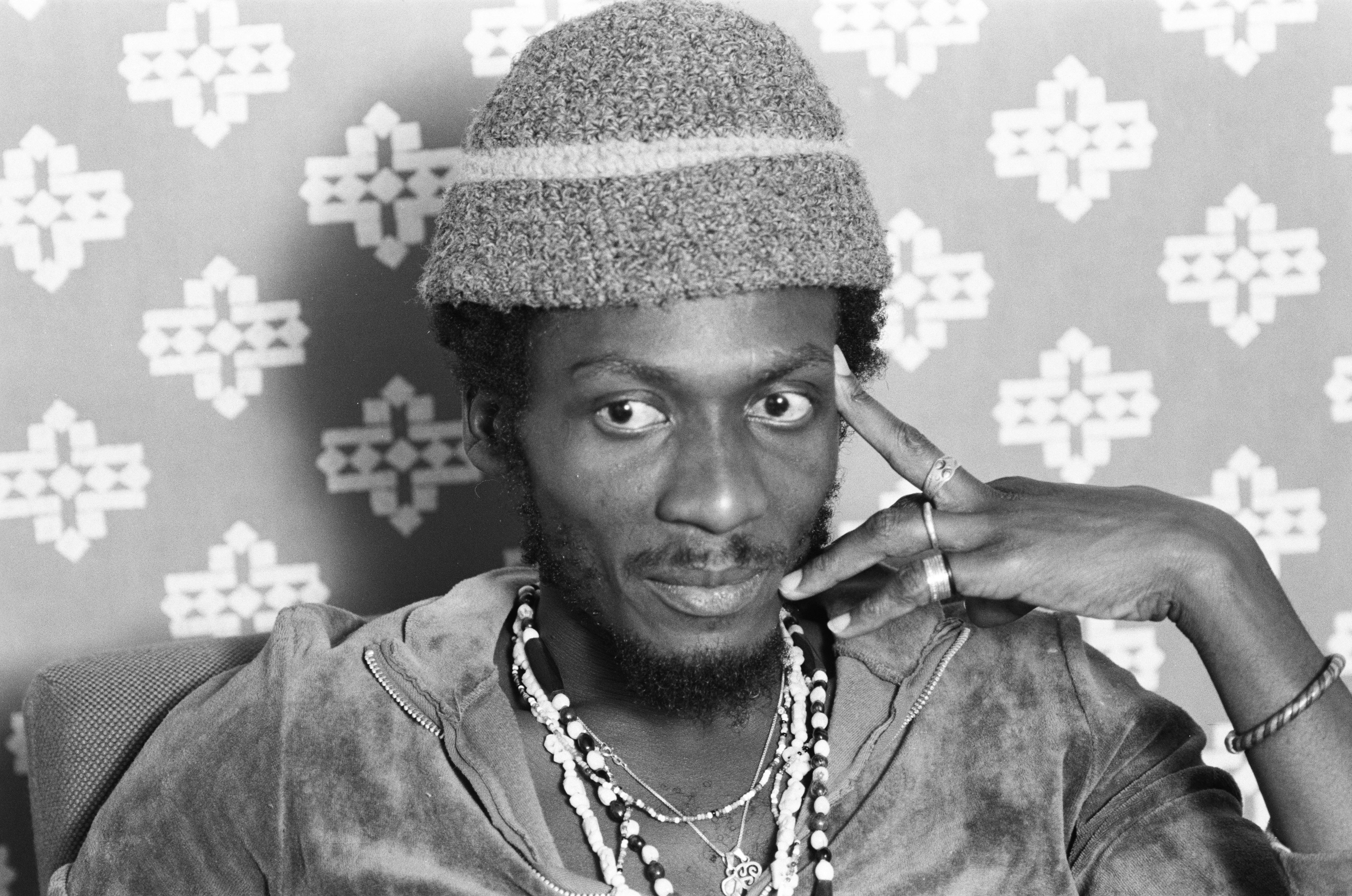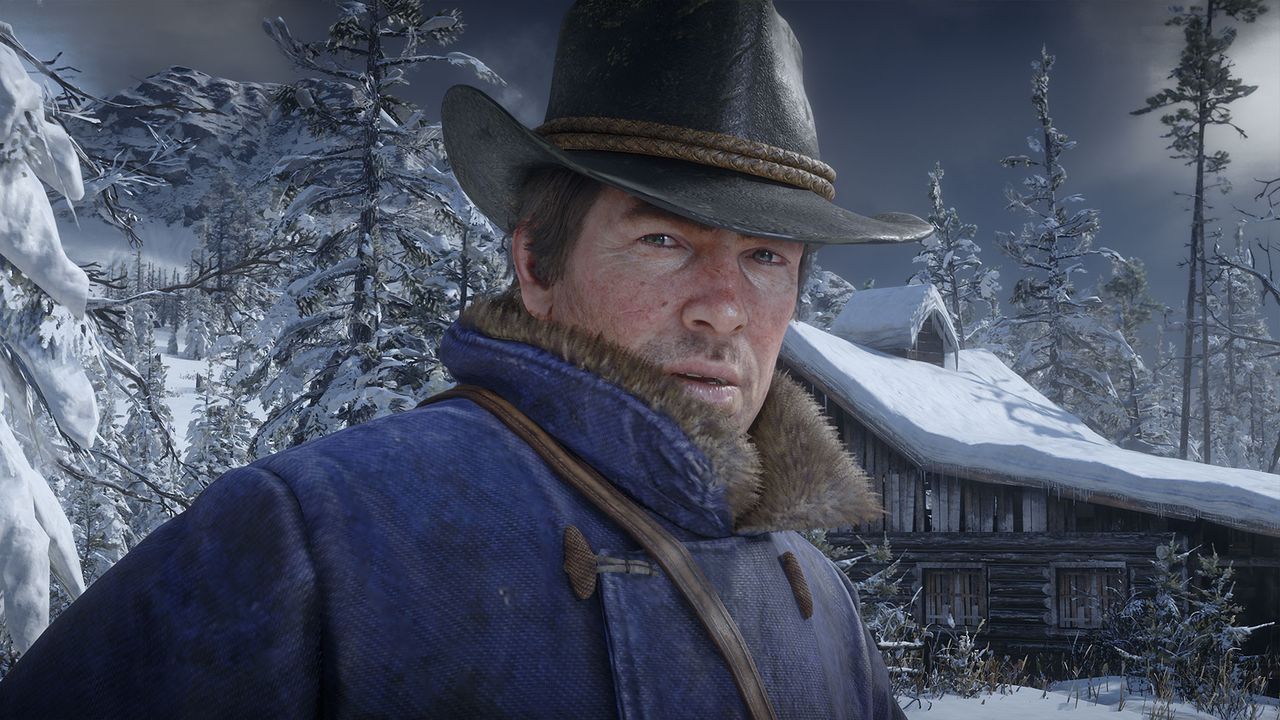- Culture
- Music
- News
Musician known for hit songs such as ‘You Can Get It If You Really Want’ and ‘I Can See Clearly Now’ was credited with helping to bring Jamaican culture to the world with a starring role in 1972 film ‘The Harder They Come’
Roisin O'ConnorMonday 24 November 2025 12:38 GMTComments
 Close251124 Reggae Pioneer Jimmy Cliff Dies Aged 81
Close251124 Reggae Pioneer Jimmy Cliff Dies Aged 81
Get the inside track from Roisin O'Connor with our free weekly music newsletter Now Hear This
Get our free music newsletter Now Hear This
Get our free music newsletter Now Hear This
 Email*SIGN UP
Email*SIGN UPI would like to be emailed about offers, events and updates from The Independent. Read our Privacy notice
Jimmy Cliff, the Jamaican star behind hit songs such as “You Can Get It If You Really Want” and “I Can See Clearly Now”, has died aged 81.
The news was announced by his wife, Latifa, in a post to Cliff’s official Instagram page, which said: “It’s with profound sadness that I share that my husband, Jimmy Cliff, has crossed over due to a seizure followed by pneumonia.
“I am thankful for his family, friends, fellow artists and coworkers who have shared his journey with him. To all his fans around the world, please know that your support was his strength throughout his whole career.”
Latifa said that her husband appreciated “each and every fan” for the love they showed him, while also thanking the medical team who were “extremely supportive and helpful during this difficult process”.
“Jimmy, my darling, may you rest in peace,” she said. “I will follow your wishes. I hope you all can respect our privacy during these hard times.”
Her message was co-signed by the couple’s children, Lilty and Aken.
Born James Chambers in the impoverished village of Somerton, Jamaica, on 30 July 1944,he was one of nine children raised by their father in a three-bedroom home. His remarkable voice made him a local celebrity aged six, singing in his local church.
Listening to Jamaican music on the radio inspired him to pursue a career as a singer; he moved to Kingston when he was 12, then scored his first hit, “Hurricane Hattie”, just two years later.
"Kingston was rough," he told The Independent in a 2003 interview, "because in the city you know no one. You can't go to your neighbour like in country and say, 'I'm hungry, give me something.' But by the time I got there, I was prepared to face whatever came. Even that young, I knew what I wanted to do. I had songs I had written, and I wanted them recorded. I had no consciousness about money. It was about getting my art exposed."
He then went on to achieve international success by his mid-twenties, thanks to the singles “Wonderful World, Beautiful People” and “Vietnam”, the latter dubbed “the best protest song” by none other than Bob Dylan.
Enjoy unlimited access to 100 million ad-free songs and podcasts with Amazon Music
Sign up now for a 30-day free trial. Terms apply.
Try for freeADVERTISEMENT. If you sign up to this service we will earn commission. This revenue helps to fund journalism across The Independent.
Enjoy unlimited access to 100 million ad-free songs and podcasts with Amazon Music
Sign up now for a 30-day free trial. Terms apply.
Try for freeADVERTISEMENT. If you sign up to this service we will earn commission. This revenue helps to fund journalism across The Independent.
 open image in galleryCliff pictured in London, 9 May 1974 (Getty)
open image in galleryCliff pictured in London, 9 May 1974 (Getty)A starring role in the 1972 crime movie The Harder They Come, for which he also provided the soundtrack, was widely credited with helping bring Jamaican culture to the rest of the world.
Yet he initially balked at the idea; it took writer-director Perry Henzell flying to the UK, where Cliff was preparing for an extensive tour, to convince him.
“He said one sentence to me that stopped me in my tracks,” Cliff recalled in a 2022 interview with The Independent. “He said, ‘I think you’re a better actor than a singer.’ I said to myself: wow! Nobody ever said that to me before, and I had always thought that! Somebody’s reading my mind! It happened like that. I cancelled the European tour that I was planning, and went to do the movie.”
 open image in galleryJimmy Cliff returned to his music career after starring in ‘The Harder They Come’ (Getty)
open image in galleryJimmy Cliff returned to his music career after starring in ‘The Harder They Come’ (Getty)Along with Cliff’s own music, The Harder They Come featured a soundtrack of acts such as Toots and the Maytals and Desmond Dekker.
Despite the film’s huge success both at home and overseas, Cliff returned to his music career after its release. “I went into it thinking, I’m going to do this piece of work with my life, and when I’m finished I’ll go back to touring,” he said. “That’s how I looked at it.”
Over a career spanning more than 50 years, Cliff released 33 albums, his latest being the 2022 record Refugees. The title track was inspired by “what’s happening all over the world” and marked his first collaboration with Wyclef Jean, whom he met when the Fugees star inducted him into the Rock and Roll Hall of Fame in 2010.
His cover of American singer-songwriter Johnny Nash’s song, “I Can See Clearly Now”, featured in the 1993 film Cool Runnings – loosely based on the Jamaican bobsleigh team who competed in the 1988 winter Olympics – and peaked at No 18 on the US Billboard 100.
 open image in galleryCliff performing on stage at Bluesfest Byron Bay, Australia, 2013 (Getty)
open image in galleryCliff performing on stage at Bluesfest Byron Bay, Australia, 2013 (Getty)Another famous cover, of Yusuf/Cat Stevens’ “Wild World”, transpired when he walked into the offices of Island Records in early 1970 and heard his publisher playing the demo. At the time, Stevens was unsure over whether to release it: “I told him I loved the song and if he didn’t want to record it, I would,” Cliff told The Independent.
“I put him on the spot! I didn’t want to put him off because he might change his mind.” Cliff recorded the song the very next day, achieving his first Top 10 single in the UK: “It was a hit, so I was very happy, of course, and then Cat Stevens decided to record it himself.”
He was one of just a handful of musicians to be awarded the Jamaican Order of Merit, alongside Bob Marley and Bunny Wailer.
While many fans believed that Cliff’s throne was “stolen” by fellow reggae star Marley, who was signed to Island after him, he insisted he had no regrets in moving away from reggae and into rock and soul.
“I felt, ‘If I put me in this one little bag, I'm going to be suffocated. How am I going to say what else I want to say?’” he explained. “And that has been a big struggle in my career. They say, ‘You're a Jamaican, you're known for reggae,’ so you're supposed to do that. But I won't.
“I felt like, ‘I've done my part; now I'm on another path.’ It was perceived by others that I was wrong, that I could have been like Bob. But I felt good. Looking for the new, that's fundamental to me.”
More about
reggaeJoin our commenting forum
Join thought-provoking conversations, follow other Independent readers and see their replies
Comments



